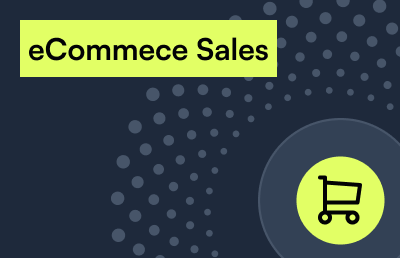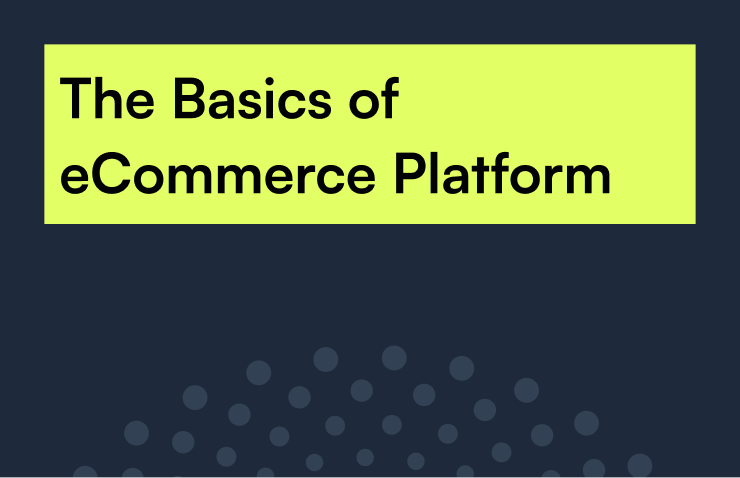Magento Holiday Guide
In a traditionally slow-moving industry like the supply chain, eCommerce is still not the norm in many industries. Complex schedules, cycle times, large and seasonal wholesale orders, and requires specific item configuration have to be considered. Additionally, B2B buyers in the supply chain are used to pen-and-paper contracts and personalized calls from their dedicated salesperson. Fortunately, many industry leaders are making the switch to buying online thanks to secure methods that Magento can provide for B2B selling to supply chain managers. Here are a few top things to look for in an eCommerce operation for B2B supply chain.
Time Commitment
For an SCM client, deploying an online catalog obviously doesn’t happen overnight. You should expect the process to take between 4-9 months. This is also a good time frame to get your customers used to the idea of buying online, and you can prepare them for the switch during the develop phase with open communication.
Company Wide Involvement
It won’t just be your IT team working on the site’s deployment. Your marketing, accounting, and sales departments will have to be involved as well. Make sure everyone is fully committed, because if a department drops the ball the project might be a flop.
ROI
Considering your return on investment is a given. Come up with goals of what you’d like to accomplish. What percentage of your customers would you like to migrate to the online catalog? Most experts recommend setting the bar at 20-30% over a year long period. Even if only 20% move to your e-Commerce platform, those customers will likely spend more than they otherwise would as a result of your feature-rich catalog.
Features to Look For
Now that you’ve made the commitment to eCommerce, there are a few key features you should look for. These will help shorten your sale cycle, boost customer loyalty, and even increase the amount of money spent per customer.
Personalization
Using analytics, you can tailor landing pages and site features to each individual client. If you have a major customer who buys very specific products, you’ll be able to greet them with a customized page with recommended products and a pre-stocked shopping cart. This will greatly enhance their online experience and move them along the purchase cycle.
Advanced Search
This feature is particularly important with companies operating within the supply chain. Because your customers are often looking for highly specific items, you’ll need to enable advanced search features. They should be able to search by dimensions, material, or anything else you think might help find what they’re looking for.
Ease of Use
Speaking of convenience, you should make your site extremely easy to navigate. The above features will help with this, but you should also allow for a variety of payment options. Another feature specific to manufacturers is allowing the customer to configure an item before purchase (i.e. specify product dimensions, etc.).
Adding e-Commerce to a SCM site is a bold but necessary undertaking. As the marketplace progresses, online commerce is increasingly taking center stage. Catch your company up with these considerations and must-have features, and you’ll benefit your company in more ways than one. Contact us to get started on how to optimize your SCM operations for digital.



